High Humidity, High Stakes: Managing Oily Skin on the Texas Gulf Coast
The Texas Gulf Coast is known for its beautiful beaches, vibrant culture, and, unfortunately, high humidity levels. For those with oily skin, this climate can pose significant challenges. Managing oily skin in such conditions requires a tailored approach that addresses the unique needs of your skin. In this blog, we will explore the causes of oily skin, the impact of high humidity, and provide actionable tips to keep your skin healthy and balanced.
Understanding Oily Skin
Oily skin is the result of overactive sebaceous glands producing excess sebum, the skin's natural oil. While sebum is essential for keeping the skin hydrated and protected, too much of it can lead to a greasy appearance, clogged pores, and acne breakouts. Genetics, hormonal changes, and environmental factors all play a role in the amount of oil your skin produces.
The Impact of High Humidity on Oily Skin
High humidity levels exacerbate the challenges of managing oily skin. When the air is filled with moisture, your skin's natural cooling mechanism goes into overdrive. This increased perspiration can mix with excess sebum, leading to clogged pores and breakouts. Additionally, humidity can make your skin feel sticky and uncomfortable, further complicating your skincare routine.
Choosing the Right Cleanser
Selecting an appropriate cleanser is the first step in managing oily skin in a humid climate. Look for a gentle, foaming cleanser that effectively removes excess oil without stripping your skin of its natural moisture. Ingredients like salicylic acid or glycolic acid can help control oil production and keep your pores clear. Avoid harsh soaps and cleansers with high alcohol content, as they can irritate your skin and trigger more oil production.
Incorporating a Toner
A good toner can be a game-changer for oily skin. After cleansing, use a toner to remove any residual dirt and oil. Opt for a toner containing witch hazel or tea tree oil, which are known for their astringent and antibacterial properties. These ingredients can help tighten your pores and reduce oiliness without over-drying your skin.
Hydration is Key
It's a common misconception that oily skin doesn't need moisturizing. In reality, proper hydration is crucial for maintaining a healthy skin barrier. Choose a lightweight, oil-free moisturizer that provides hydration without clogging your pores. Look for ingredients like hyaluronic acid, which attracts moisture to the skin, keeping it hydrated and balanced.
Sun Protection is Essential
Protecting your skin from the sun is vital, especially in the Texas Gulf Coast's intense sunlight. Use a broad-spectrum sunscreen with an SPF of at least 30 every day. Opt for a non-comedogenic, oil-free formula to avoid clogging your pores. Sunscreen not only protects your skin from harmful UV rays but also helps prevent excess oil production triggered by sun exposure.
Managing Excess Oil During the Day
Even with the best skincare routine, you may need to manage oil throughout the day. Keep blotting papers handy to absorb excess oil without disturbing your makeup. Powder-based products can also help control shine. Look for a translucent setting powder to keep your skin matte and fresh.
Exfoliation and Face Masks
Regular exfoliation is essential for preventing clogged pores and keeping your skin smooth. Use a gentle exfoliator with alpha or beta hydroxy acids once or twice a week. Additionally, incorporating clay masks into your routine can help absorb excess oil and impurities. Look for masks containing bentonite or kaolin clay for their oil-absorbing properties.
Diet and Lifestyle Considerations
Your diet and lifestyle choices can significantly impact your skin's oil production. Drink plenty of water to stay hydrated and avoid sugary, greasy foods that can trigger breakouts. Incorporate foods rich in omega-3 fatty acids, such as fish and flaxseeds, which can help regulate oil production. Regular exercise and adequate sleep are also crucial for maintaining healthy skin.
Professional Treatments
For persistent oily skin issues, consider seeking professional help. Dermatologists can offer treatments such as chemical peels, microdermabrasion, and laser therapy to control oil production and improve skin texture. These treatments can provide long-lasting results and complement your at-home skincare routine.
Consistency is Key
Consistency is the cornerstone of effective skincare. Stick to your routine, and be patient. It may take a few weeks to see noticeable improvements. Regularly reassess your skincare products and adjust them as needed to respond to changes in your skin and the environment.
Conclusion
Managing oily skin on the Texas Gulf Coast may be challenging, but with the right approach, it's entirely achievable. By understanding the unique needs of your skin and implementing a tailored skincare routine, you can maintain a healthy, balanced complexion. Remember to cleanse gently, hydrate adequately, protect from the sun, and consider professional treatments if necessary. Embrace the humidity with confidence, knowing that your skin is well-cared for.
By following these tips and staying consistent, you can keep your oily skin under control, even in the most challenging climates. Enjoy the beauty of the Texas Gulf Coast without worrying about your skin – you've got this!


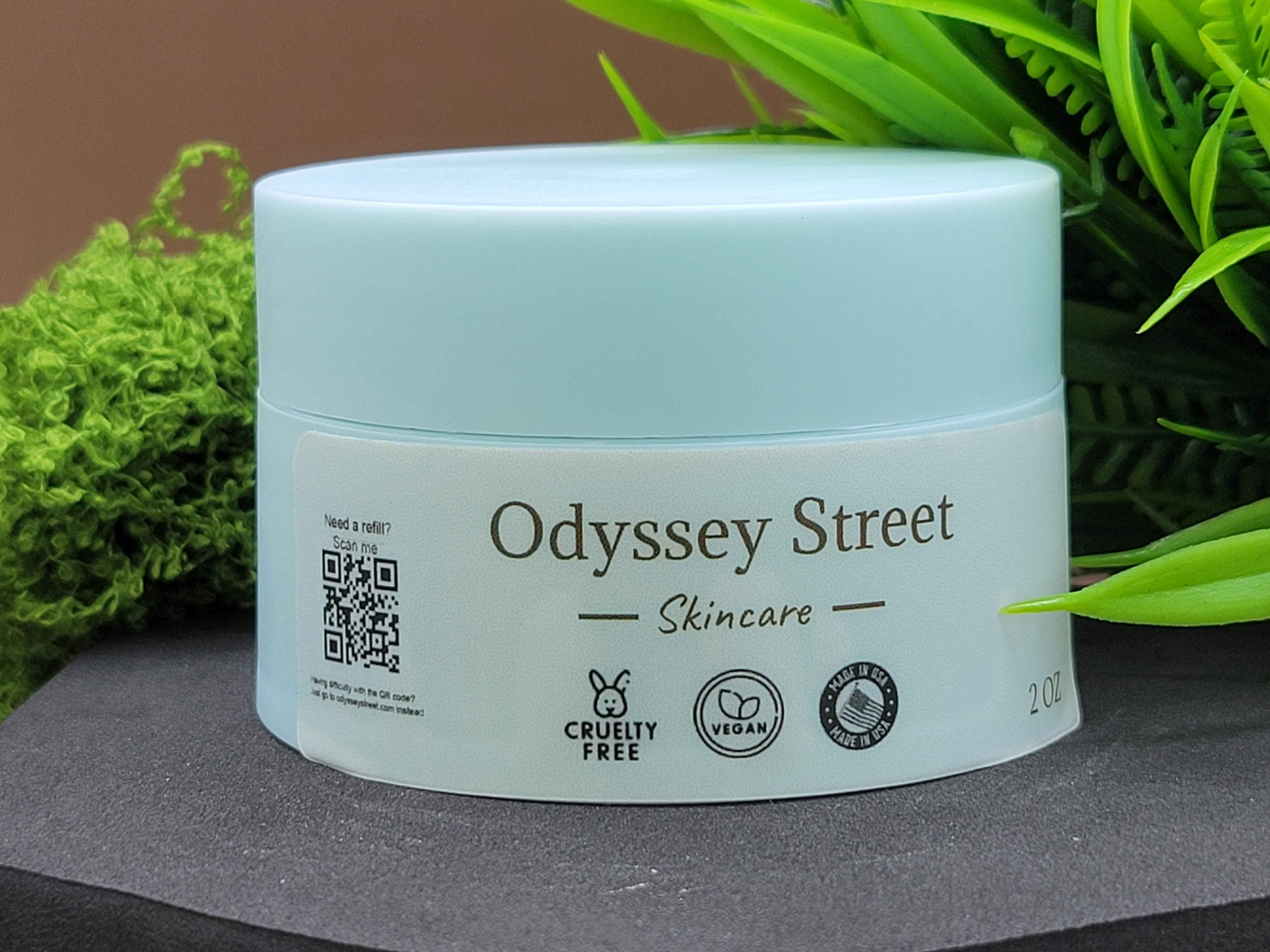
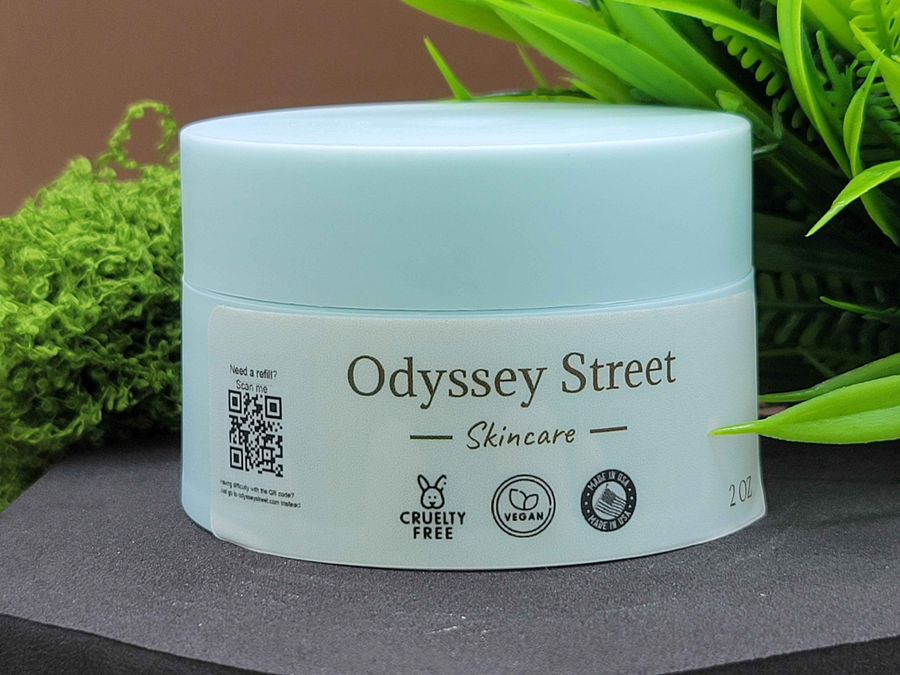
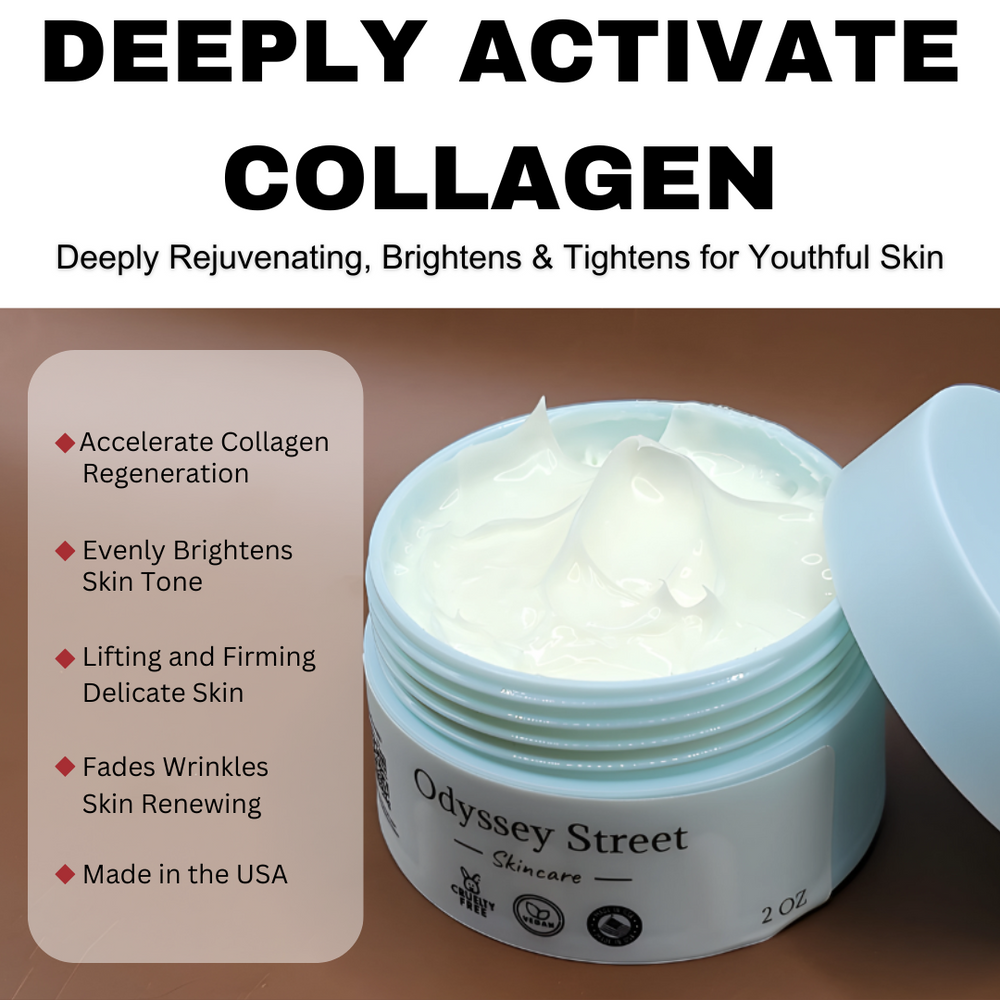




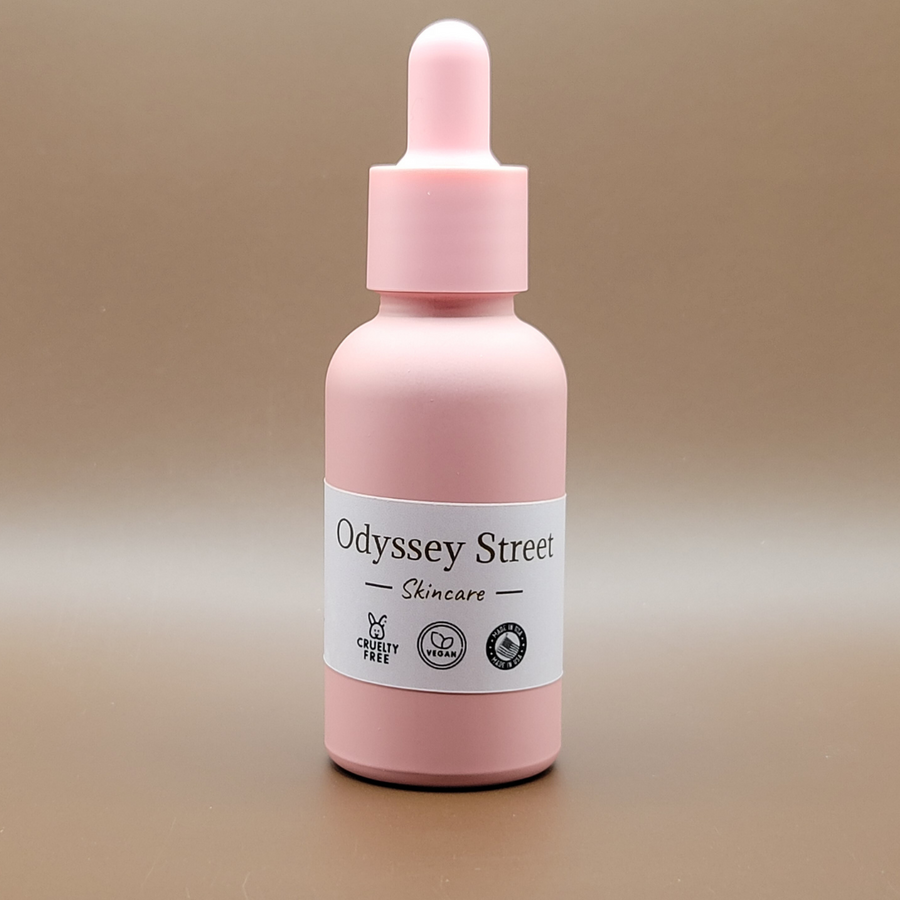
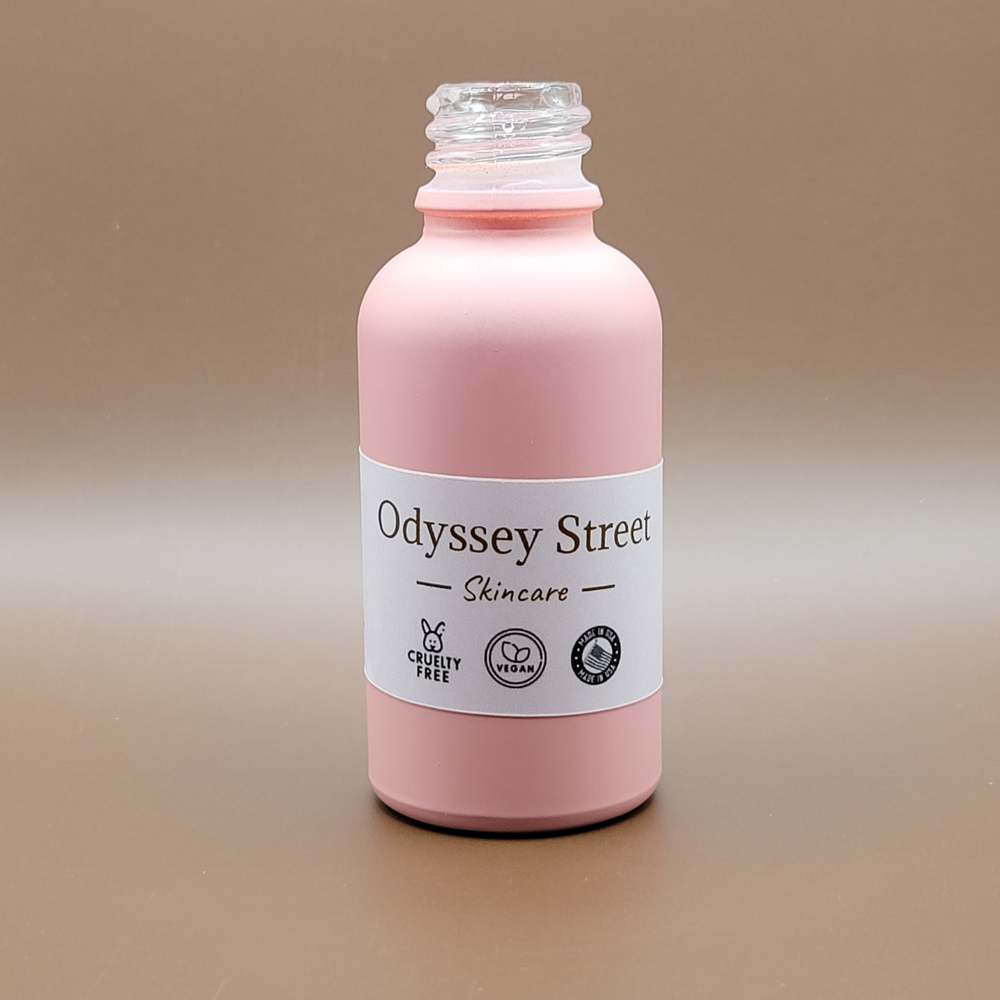
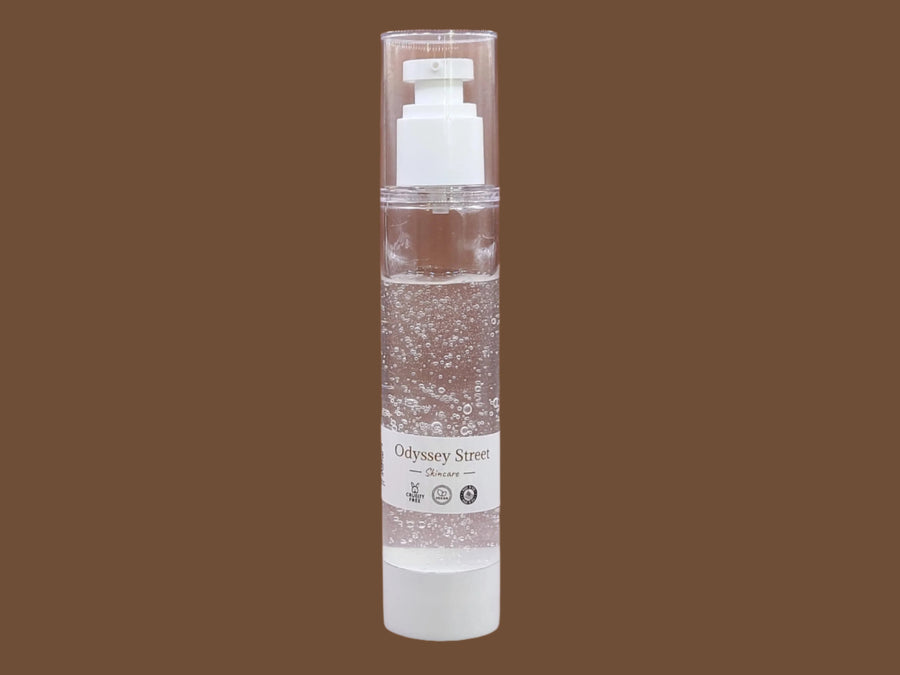
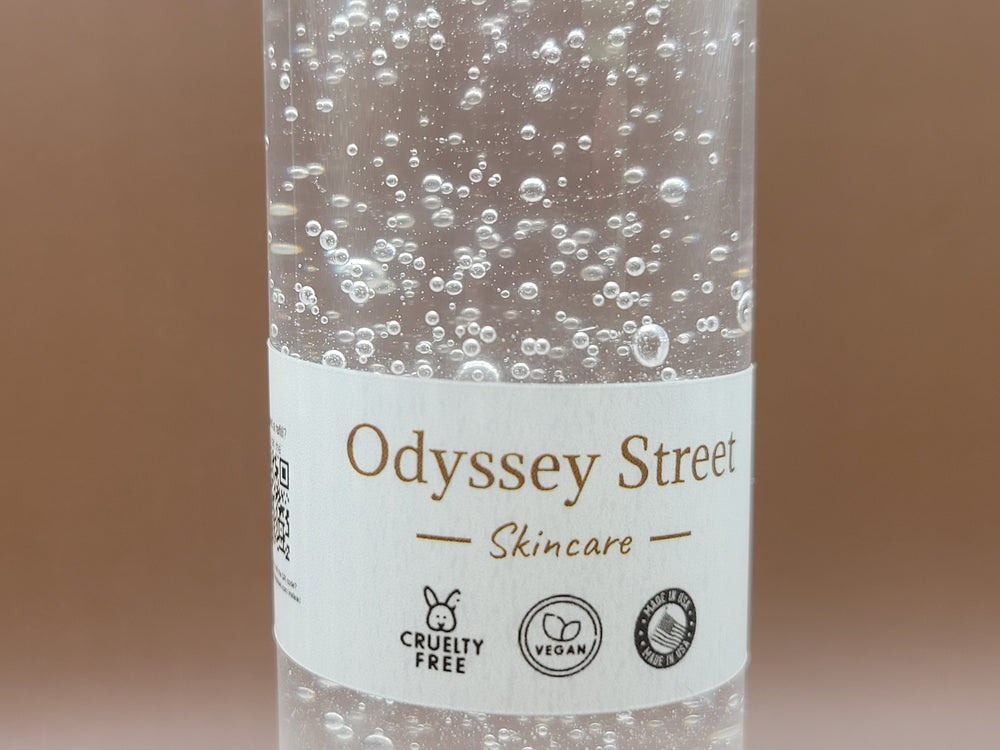
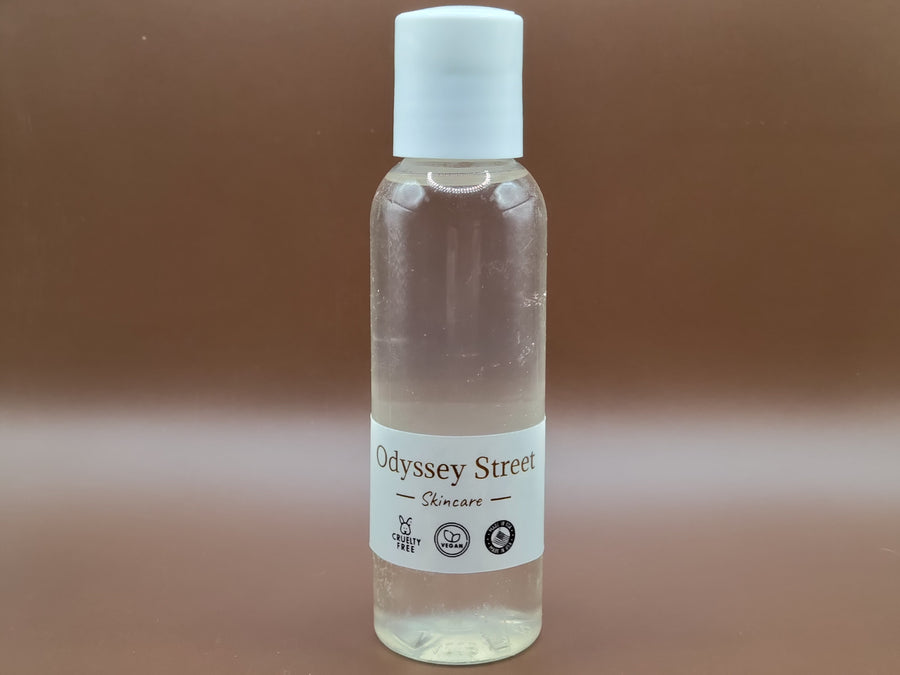
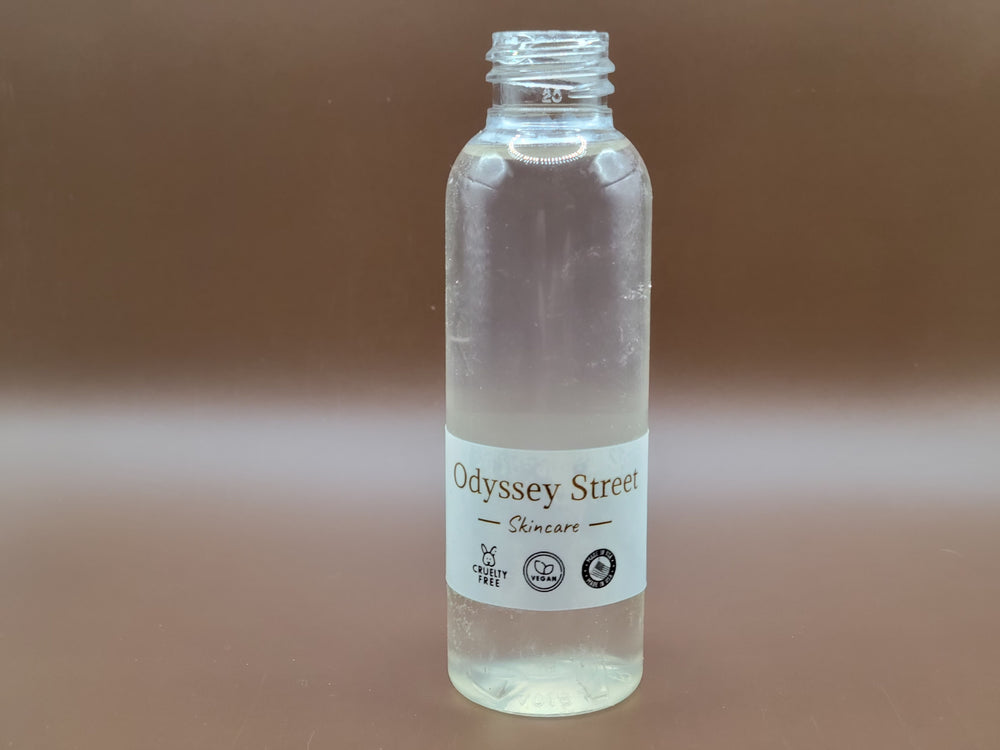
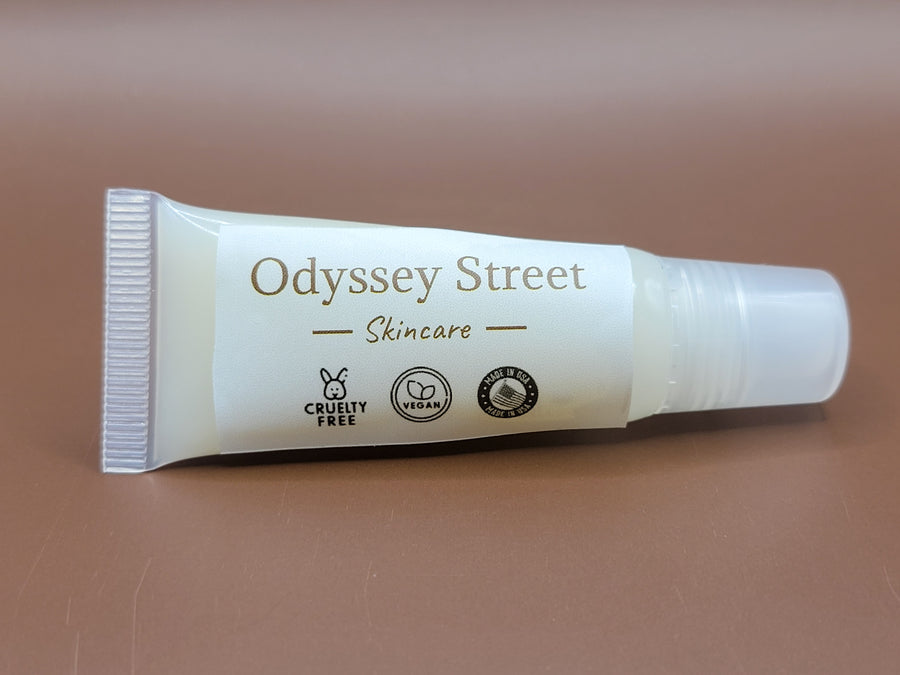
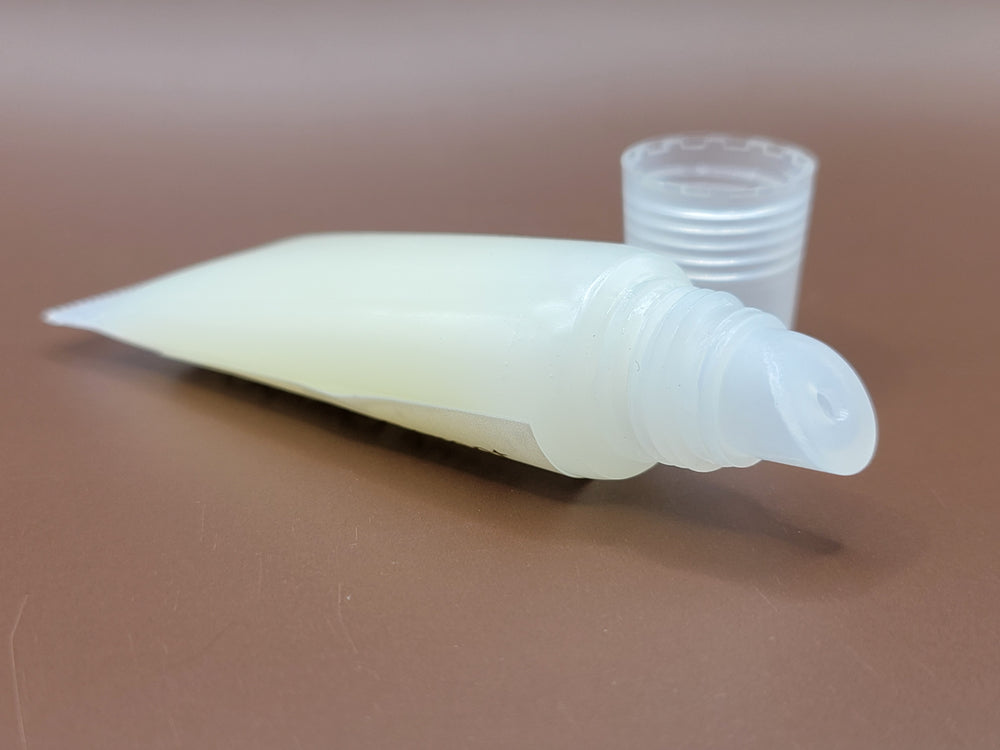
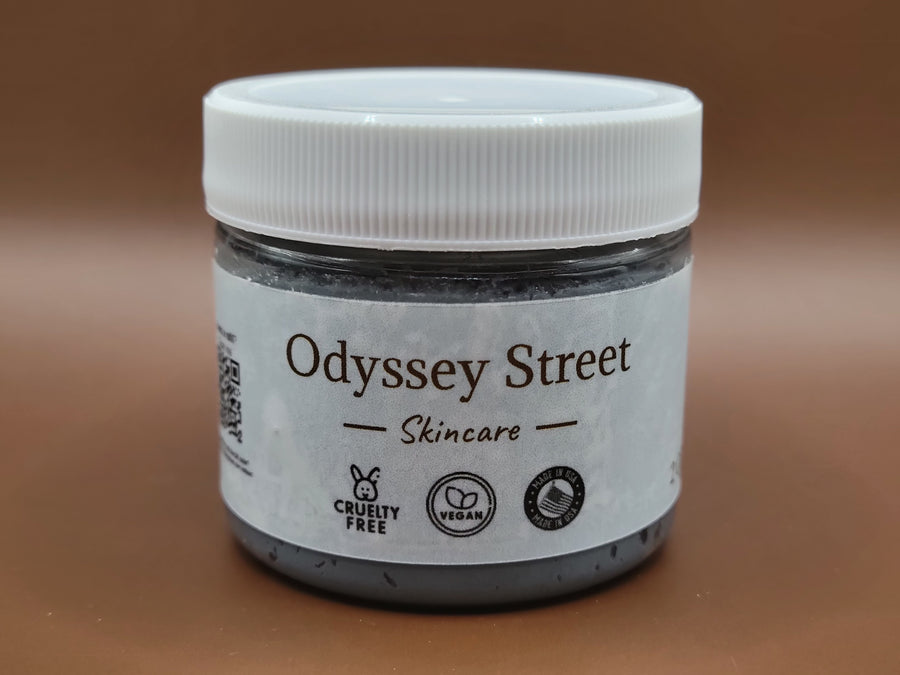
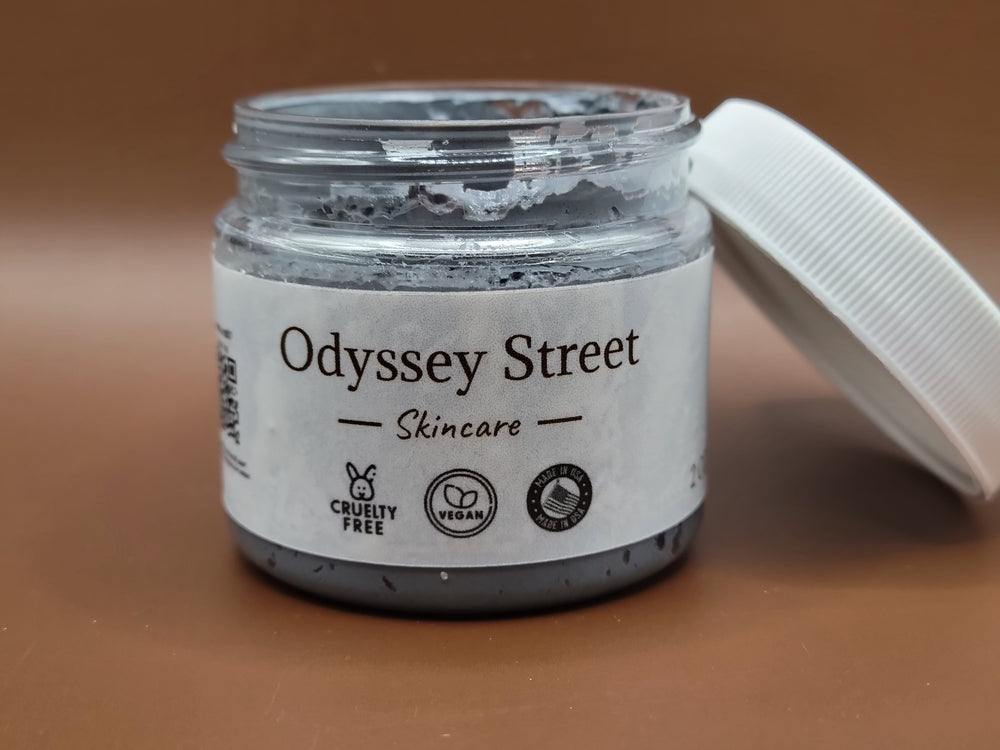
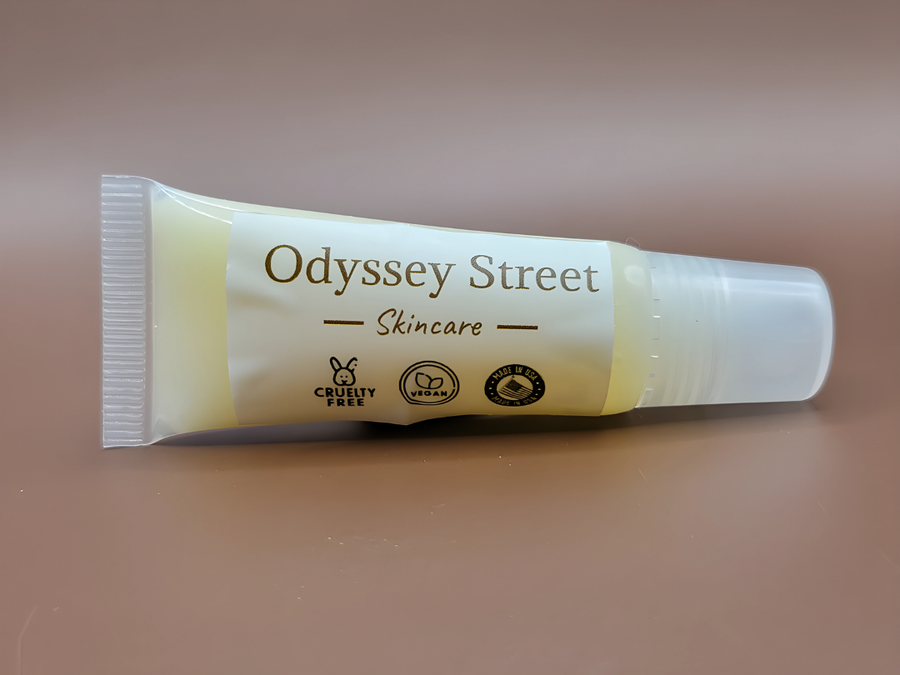
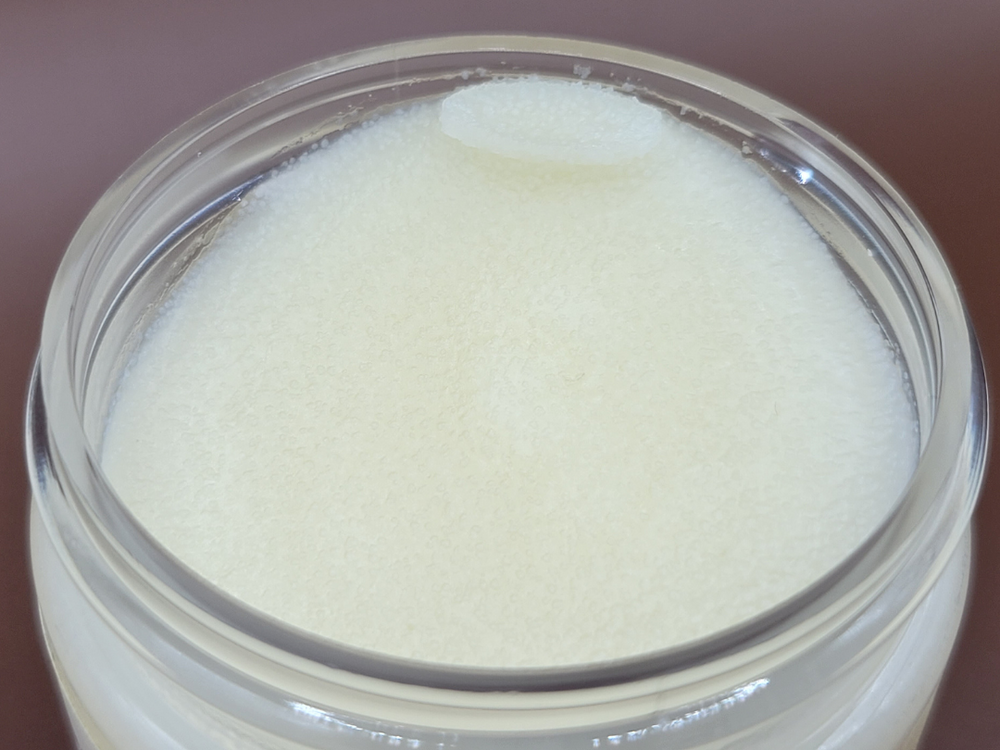
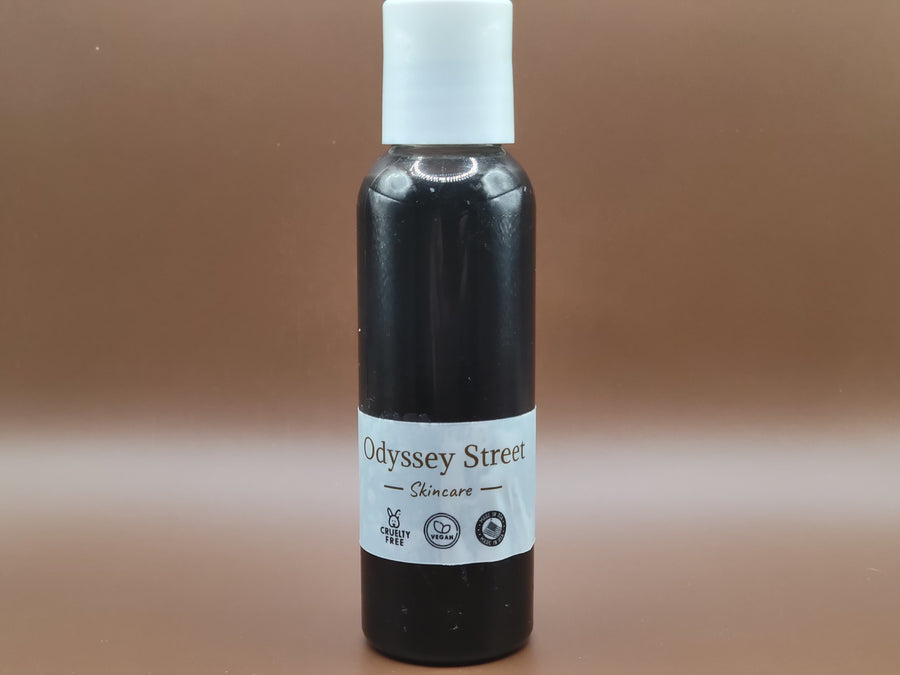
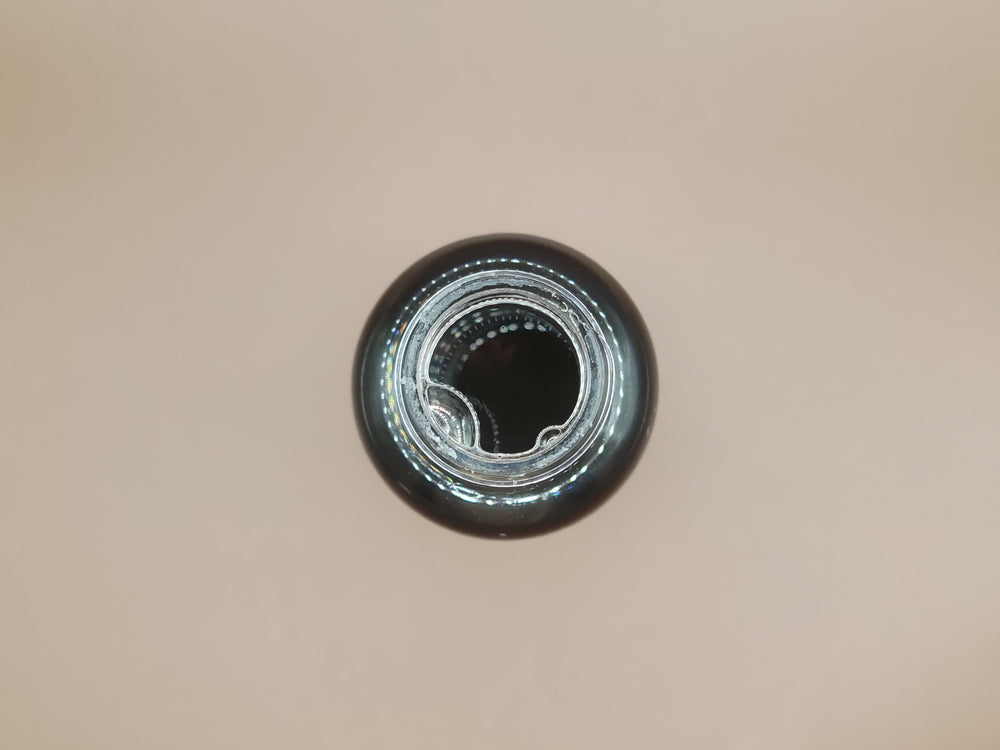
Leave a comment